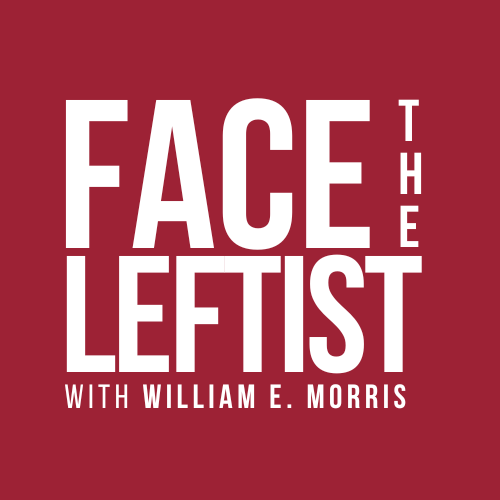I. Introduction:
The role of the President of the United States holds paramount importance in our nation’s governance structure. Rooted in Article Two of the Constitution, this pivotal position embodies the principles of leadership, executive authority, and the duty to uphold the nation’s welfare. In this policy paper, we will delve into the facets of the President’s powers, reimagining Article Two to accentuate executive leadership and contrasting it with the conservative perspective that emphasizes the Office of Management and Budget (OMB) as the fulcrum of Presidential authority.
- II. Executive Powers and Responsibilities:
A. Legislative Collaboration:- The President, as the nation’s chief executive, shall diligently collaborate with Congress to advance progressive legislation. This entails engaging in active dialogue with lawmakers, promoting consensus, and ensuring that the laws passed align with the President’s vision for a just America. The veto power shall be judiciously exercised when necessary to safeguard our values.
- B. Executive Orders:
- In keeping with the spirit of Article Two, the President shall utilize their authority to issue executive orders, enabling immediate actions to address pressing issues. These orders shall serve as instruments of change, allowing the President to respond swiftly to evolving circumstances and to uphold the nation’s welfare.
- C. Foreign Policy Leadership:
- The President shall demonstrate diplomatic prowess, harnessing the nation’s foreign policy apparatus to strengthen international partnerships, address global challenges, and promote American values abroad. This includes rejoining international agreements, fostering diplomacy, and championing human rights.
- D. Appointment of Federal Judges:
- Upholding the Constitution’s sanctity, the President shall nominate judges who are committed to interpreting the law impartially and defending civil liberties. The judiciary shall reflect the diverse perspectives of our nation and ensure a fair and impartial legal system.
- E. Crisis Management:
- In times of crisis, the President shall employ the vast resources and agencies at their disposal to protect American citizens and uphold the rule of law. Crisis management shall encompass responses to natural disasters, pandemics, economic downturns, and national security threats.
III. The Conservative Perspective:
Conservative ideology often underscores the Office of Management and Budget (OMB) as the epicenter of Presidential authority. This viewpoint contends that the President’s primary role is to oversee the OMB’s fiscal and regulatory functions, ensuring that government agencies adhere to conservative principles of limited government intervention and fiscal responsibility.
IV. Conclusion:
In reimagining Article Two of the Constitution, Project 2025 champions an enhanced executive role for the President. This approach recognizes the President as the nation’s foremost leader, entrusted with the responsibility of guiding our nation toward a more just and equitable future. While conservative views emphasize the OMB’s role, we contend that the President’s powers extend beyond fiscal oversight, encompassing the broader responsibilities of governance, diplomacy, and leadership in a complex and evolving world.
In subsequent policy papers, we shall explore each progressive initiative within our Project 2025, offering comprehensive insights into our vision for a better America. We believe that by empowering the President to wield their executive powers in alignment with our progressive values, we can create a brighter and more equitable future for all citizens.

